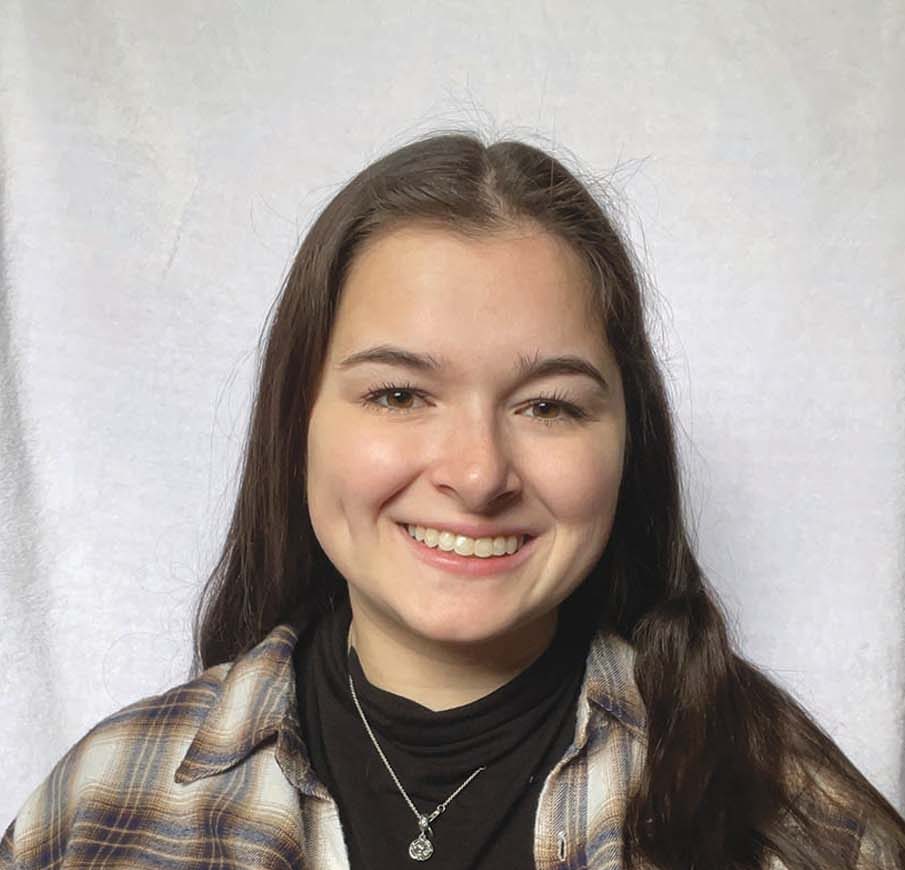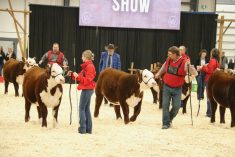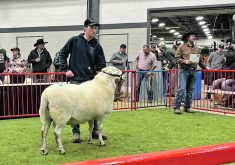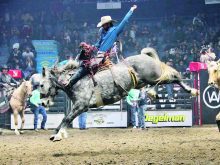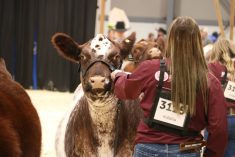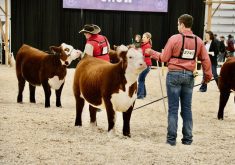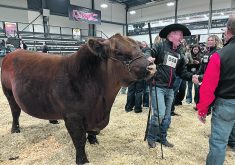For Kevin and Leanne Sept, alpacas is what they do.
They’ve run Sunnyhill Alpacas, located near Leduc, Alta., for 23 years.
Raising huacaya and suri alpacas, the Septs have been passionate about the animals since Day One.
“We started with nine, once upon a time. Now we’re up to about 130,” Leanne said. “And now we have about 70 alpaca breeding stock.”
When raising alpacas, the Septs have a few things they look for: fibre quality, conformation, and colour. That came in handy for them at Agribition’s alpaca show, where the animals were judged 60 per cent on their fibre and 40 per cent on their conformation.
Read Also

August rain welcome, but offered limited relief
Increased precipitation in August aids farmers prior to harvest in southern prairies of Canada.
In a normal year, the Septs compete in shows across Western Canada, including Camrose, Alta., Brandon, Man., Salmon Arm, B.C., and Canadian Western Agribition in Regina.
After a year of no shows in 2020, the Septs were ready to get back to it in 2021. At Agribition they won Supreme Champion with their brown macho.
“We know he’s really good but there’s some other really nice animals out there,” Leanne said. “We thought he’d be in the top but there was no guarantee he was going to win.”
Ken Hibbits, the alpaca judge who came to the show from California, agreed that the Septs’ had a good looking animal — the best at Agribition.
“He’s really perfectly conformed,” Hibbits said after naming it the Supreme Champion.
That wasn’t the only thing the Sept’s alpaca had going for it. In a show where fibre is over half of the final score, Hibbits said this alpaca had the best.
“This alpaca had finer fibre. That was the difference for me.”
The high quality fibre of their winning alpaca could be because of the other business the Septs run.
“The other part of our business is the Twisted Sister’s mill, so that’s where we make the yarn,” Kevin Sept said. “Toques, mitts, scarves, and stuff like that.”
A unique operation for an alpaca farm, this was a project Leanne took on with two of her sisters. The fibre used in the mill comes from Sunnyhill Alpacas.
“We bought a farm and we had all these buildings and the person had the mill before us approached us about it and just seemed like a good fit.”
On their website, the Septs say one of their favourite pastimes is “trying to find the solution to come up with the perfect alpaca,” and while they admit it might not be possible, they came as close as ever at the Agribition show.

